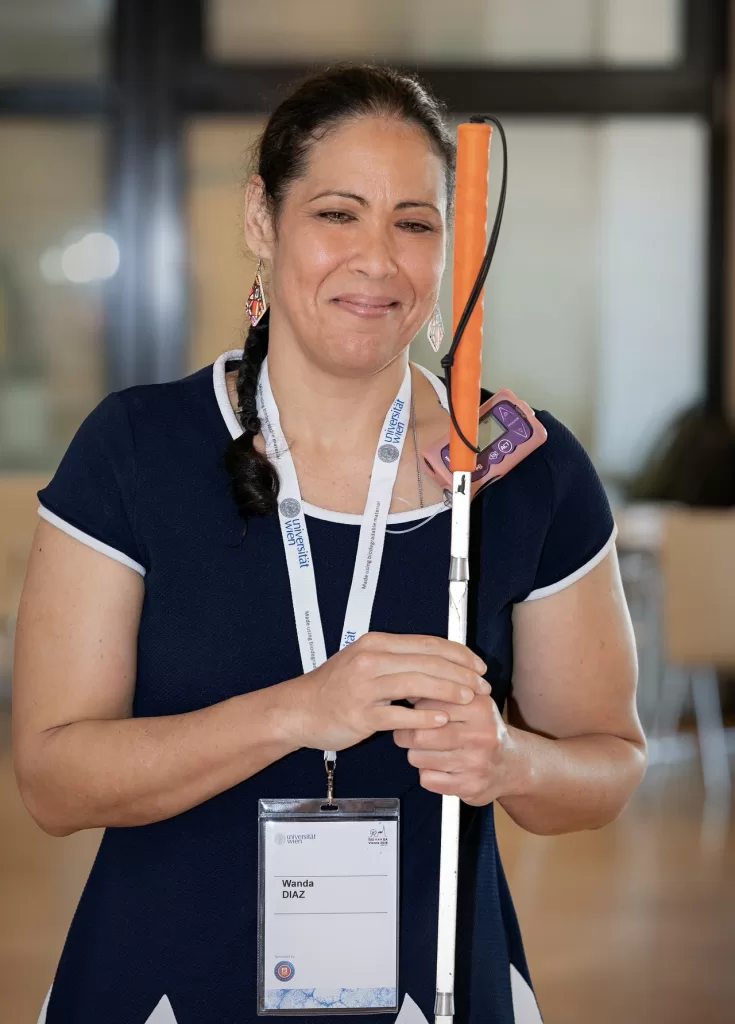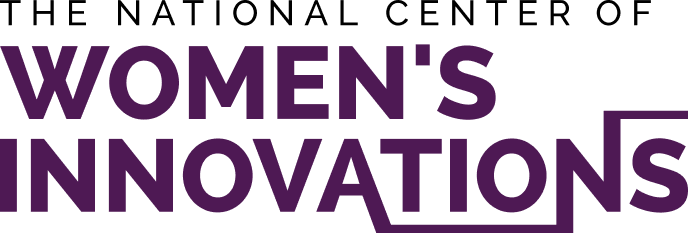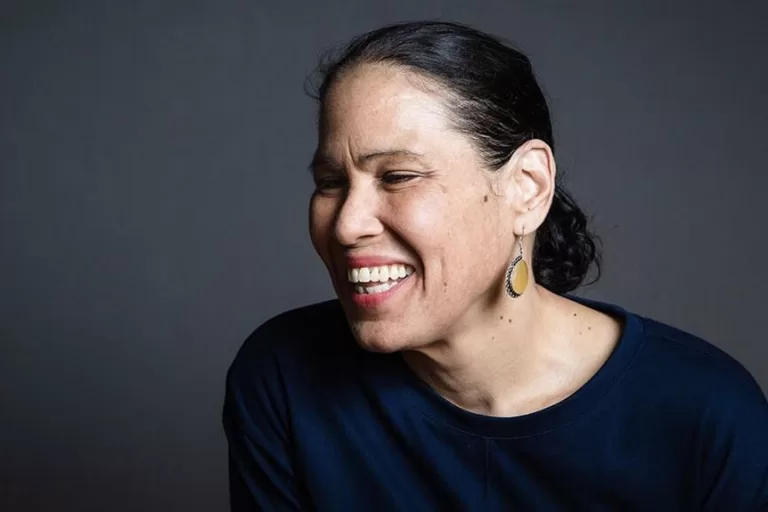(approx. 1982 – )
The astronomer who listens to the stars
While astronomers have been listening to the cosmos in one form or another since the 1930s, audio had not been in use in the field for many years until Puerto-Rican-born Wanda Díaz-Merced came on the scene. Determined to be a scientist but completely blind since her early 20s, she was driven to create a technique called “sonification” that converted astrophysical signals into sound so so that she could fully participate in her chosen field of astronomy. Using audible sound to study astrophysical date, she used her ears to detect patterns in stellar radio data that could potentially be obscured in visual and graphical representation. She demonstrated that scientists are better able to detect black holes if they use a combination of audio and visual data.
For an astronomer who cannot see the stars, her career has been, well, stellar.
After studying physics at the NASA Goddard Space Flight Center, Díaz-Merced received a doctorate in computer science from the University of Glasgow and accepted a post-doctoral fellowship at the Center for Astrophysics Harvard & Smithsonian, where she later collaborated on a music album based on her audio representations. Composed by Volkmar Studtrucker, “X-Ray Hydra” includes nine pieces of music derived from NASA’s Chandra X-Ray Observatory rendered as sound.
She has also worked at the National Astronomical Observatory Japan and the South African Observatory’s Office of Astronomy for Development. After spending a year at the European Gravitational Observatory Casina, Italy, in August 2024 she began a one year residency in Paris, where she is pursuing her unique endeavor to make signals from the sky accessible to all.

Remember the eclipse of 2023? Díaz-Merced had years earlier collaborated with Harvard astronomer Allyson Bieryla to develop the “LightSound” device that translates changing light intensity into musical tones that change as the sky grows dark and brightens again. Since refined, this device allowed individuals without sight to experience this major solar eclipse. Today she travels the world to study and promote equal access to astronomy, no matter a person’s disability. She co-chaired the 2019 conference Astronomy for Equity, Diversity and Inclusion at the National Astronomical Observatory of Japan.
Her advice to young people? Keep your focus until you become victors in your mission. “Not giving up is really hard,” she says, “but just keep moving forward, find good mentors and be a good mentee.”
Awards and Accolades
- 2011: Won one of Google’s first annual European Scholarships for Students with Disabilities for outstanding PhD students doing exceptional research in the field of computer science.
- 2016: TED talk presenter
- 2017: Awarded Estrella Luike trophy
- 2017: BBC, Seven Trailblazing Women in Science
- Author of numerous scientific articles

